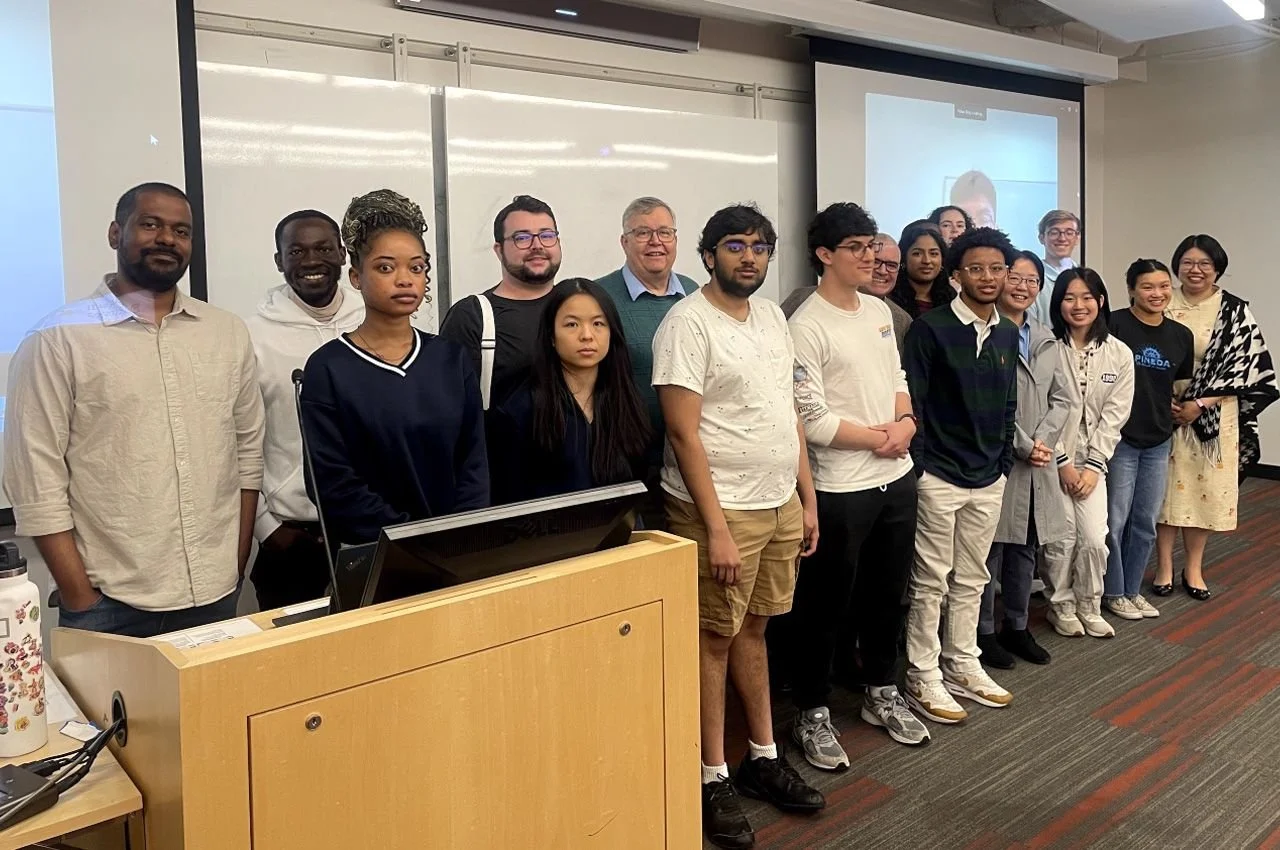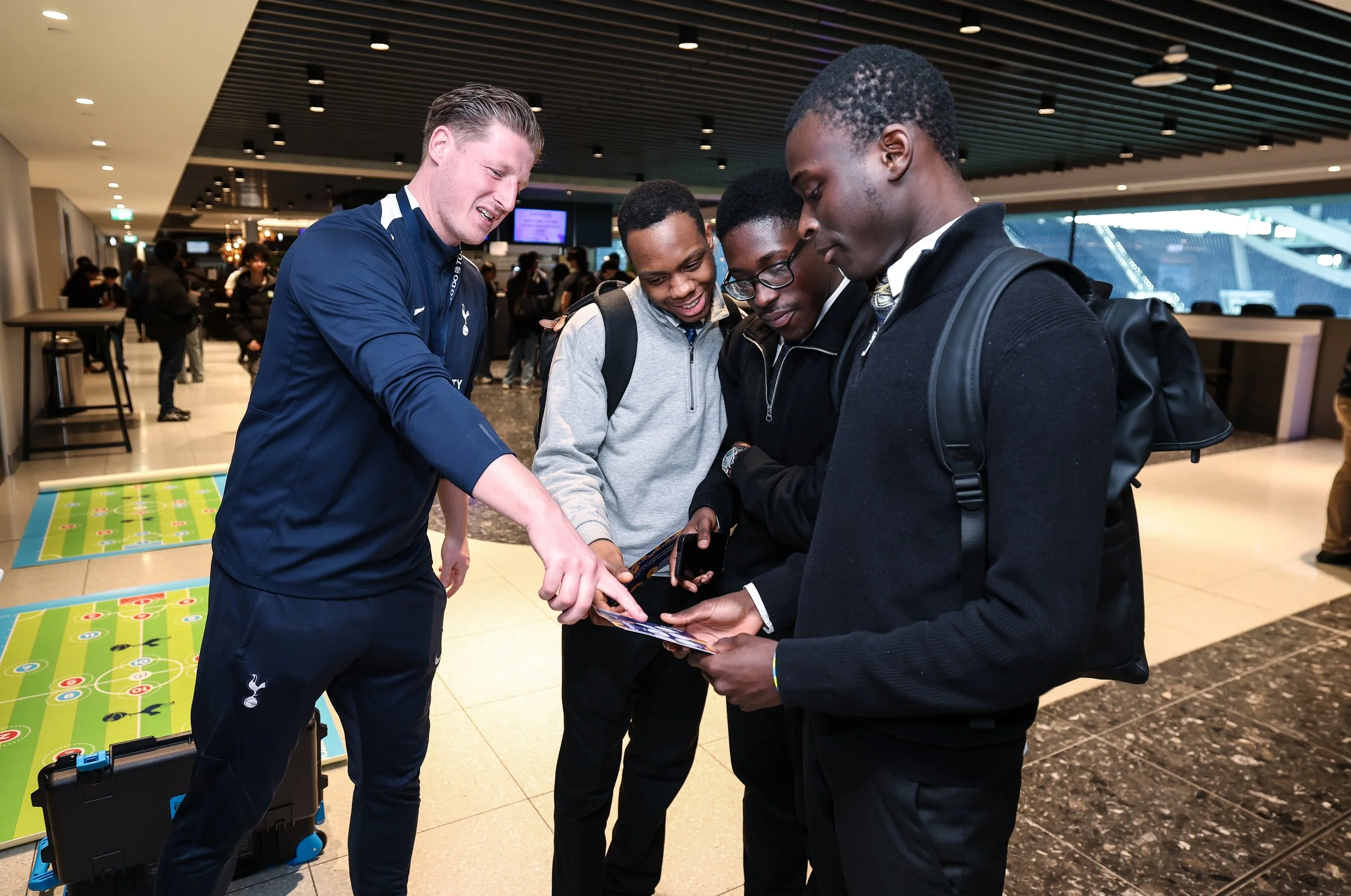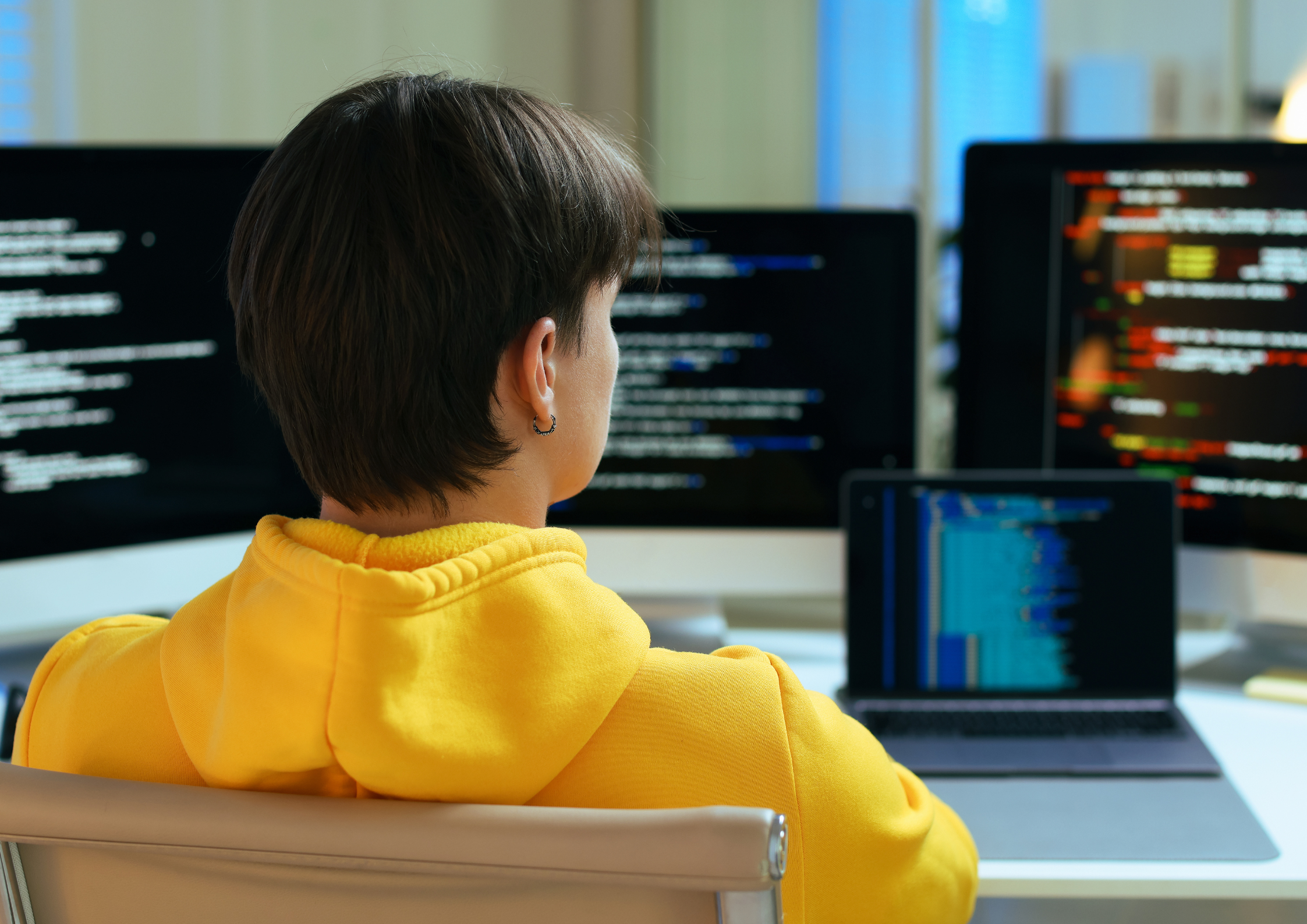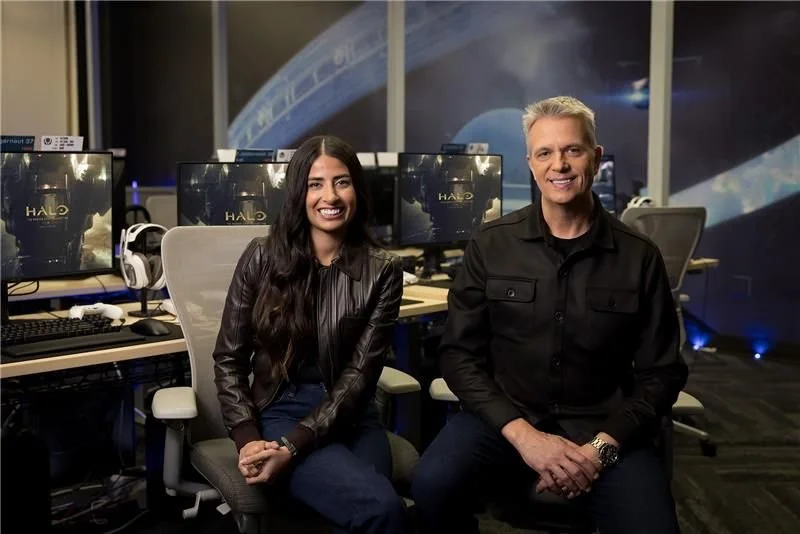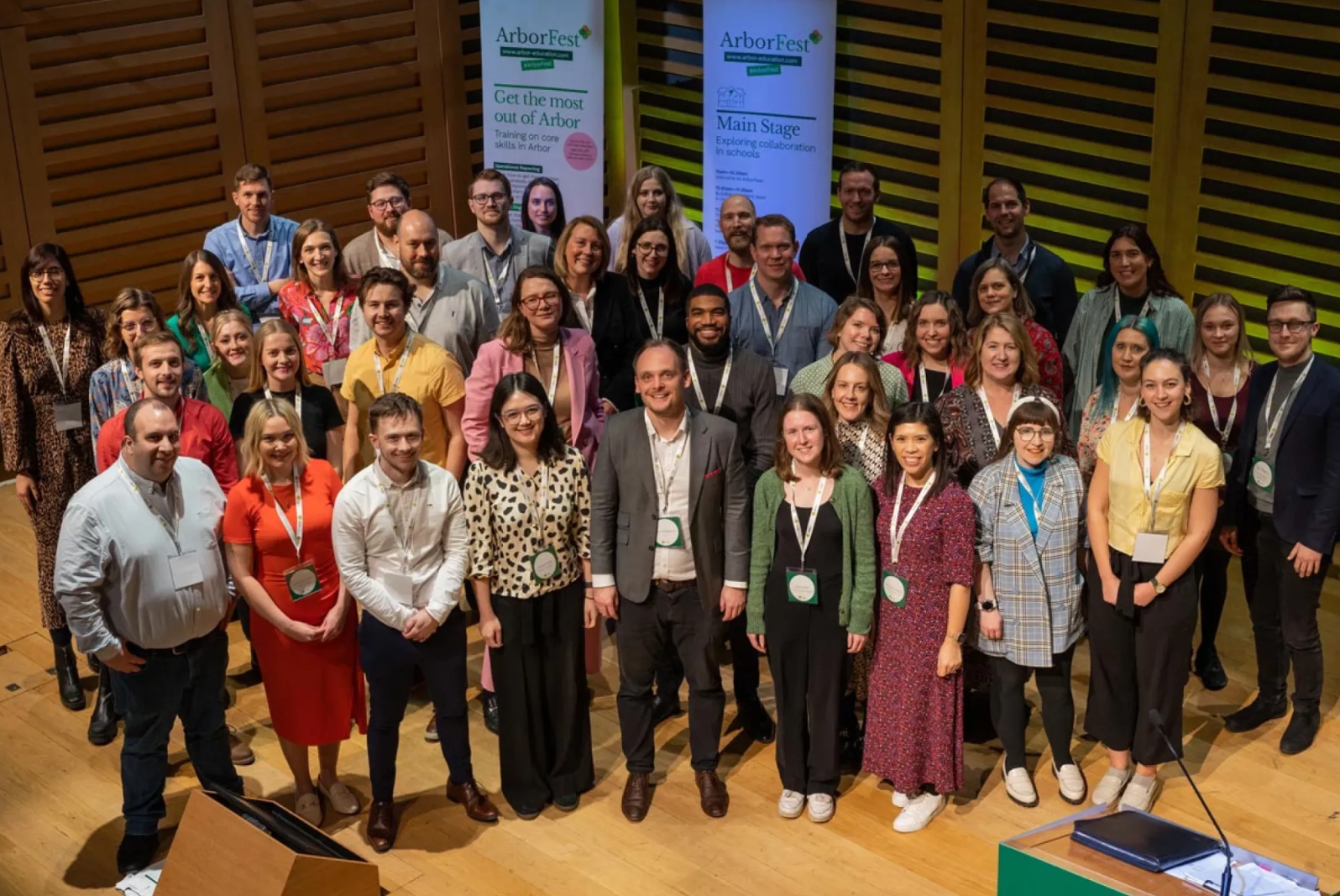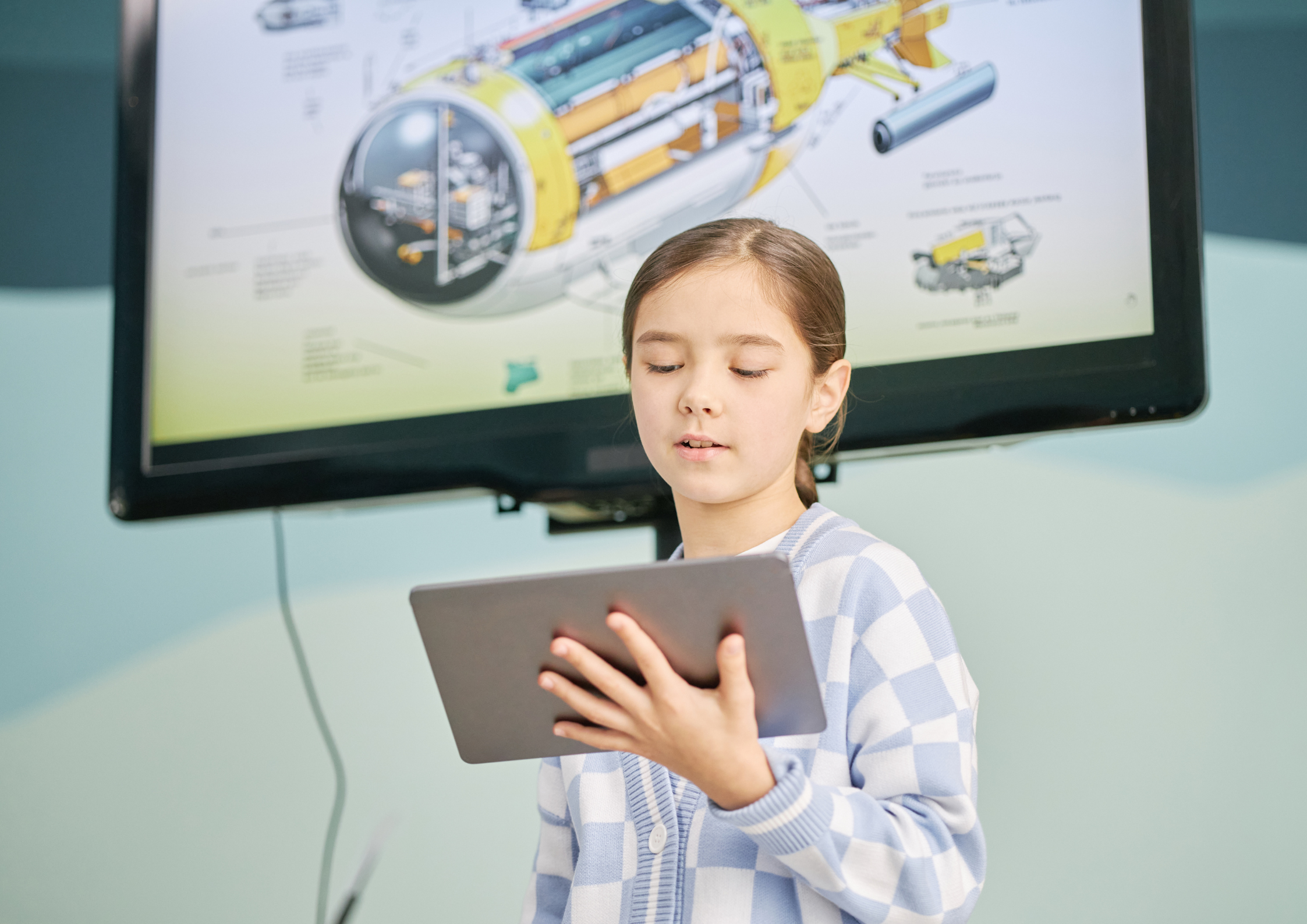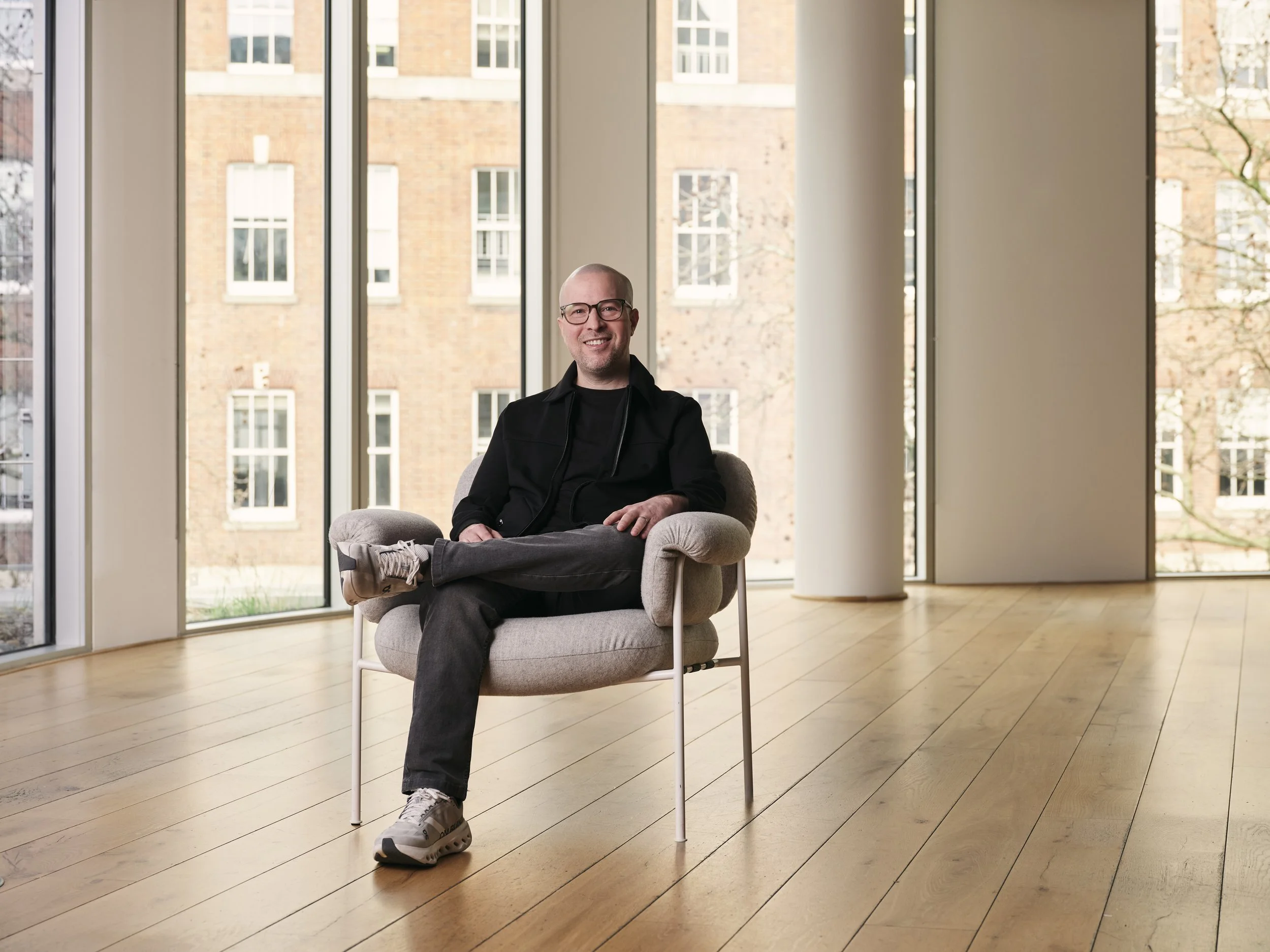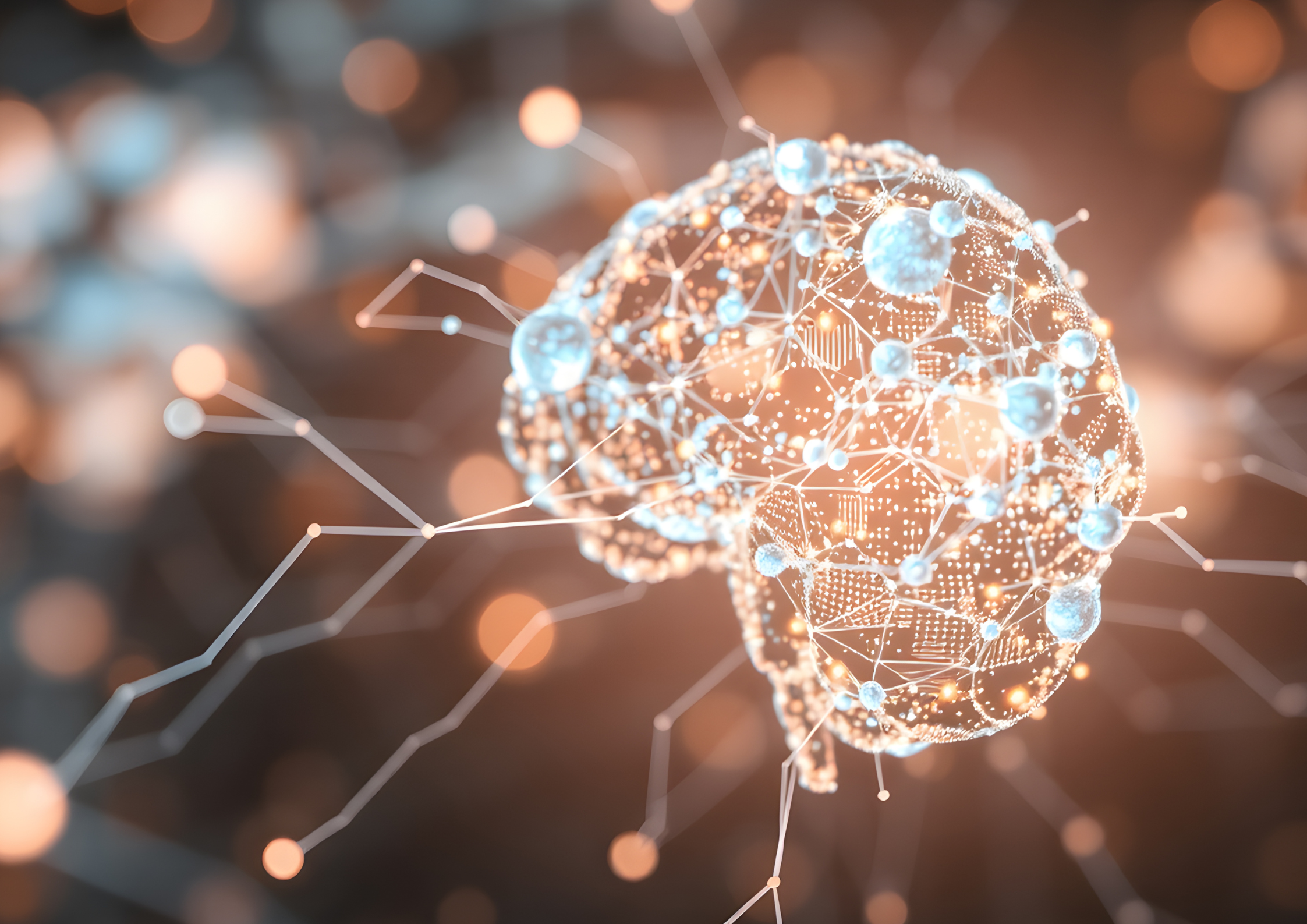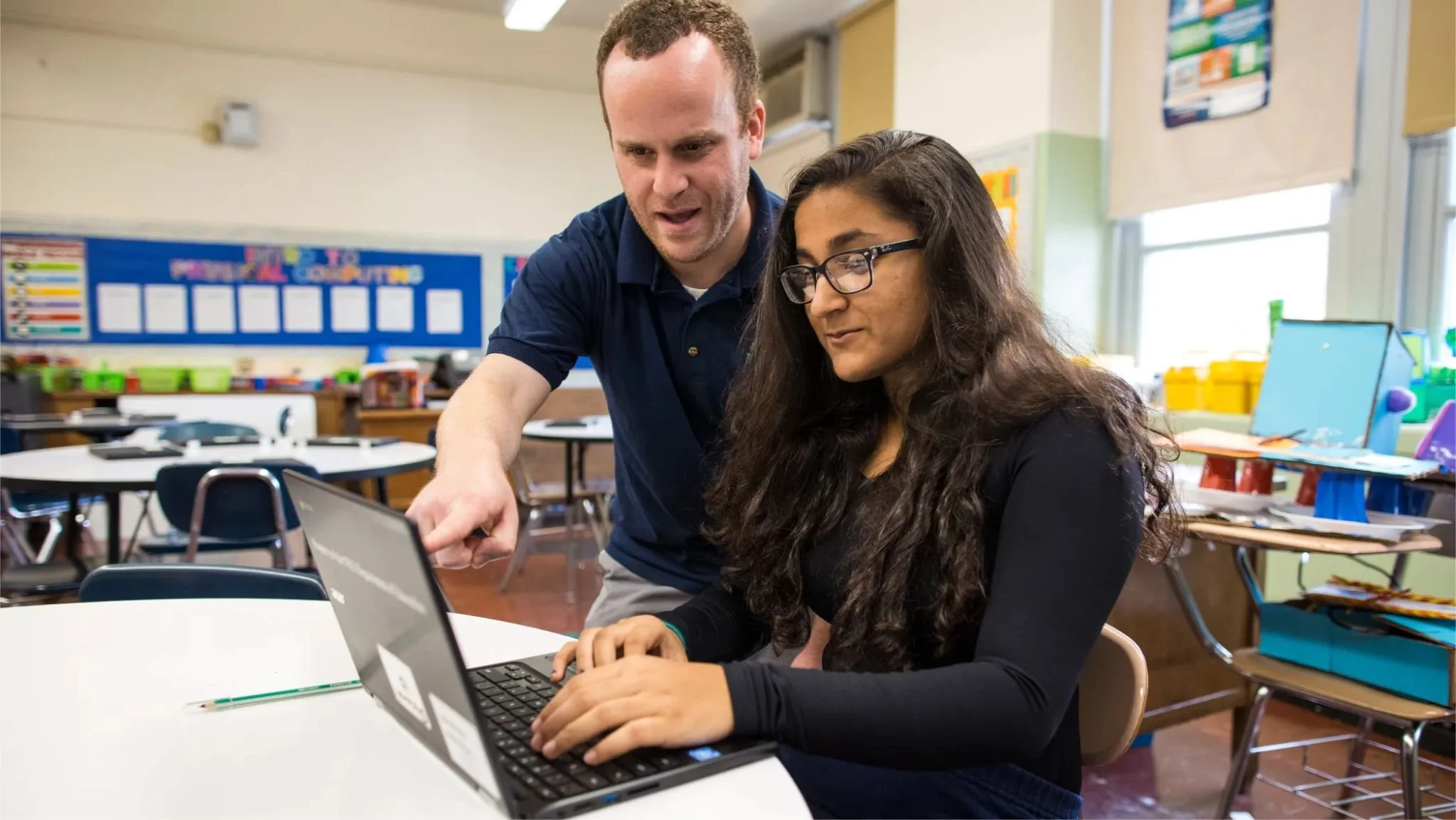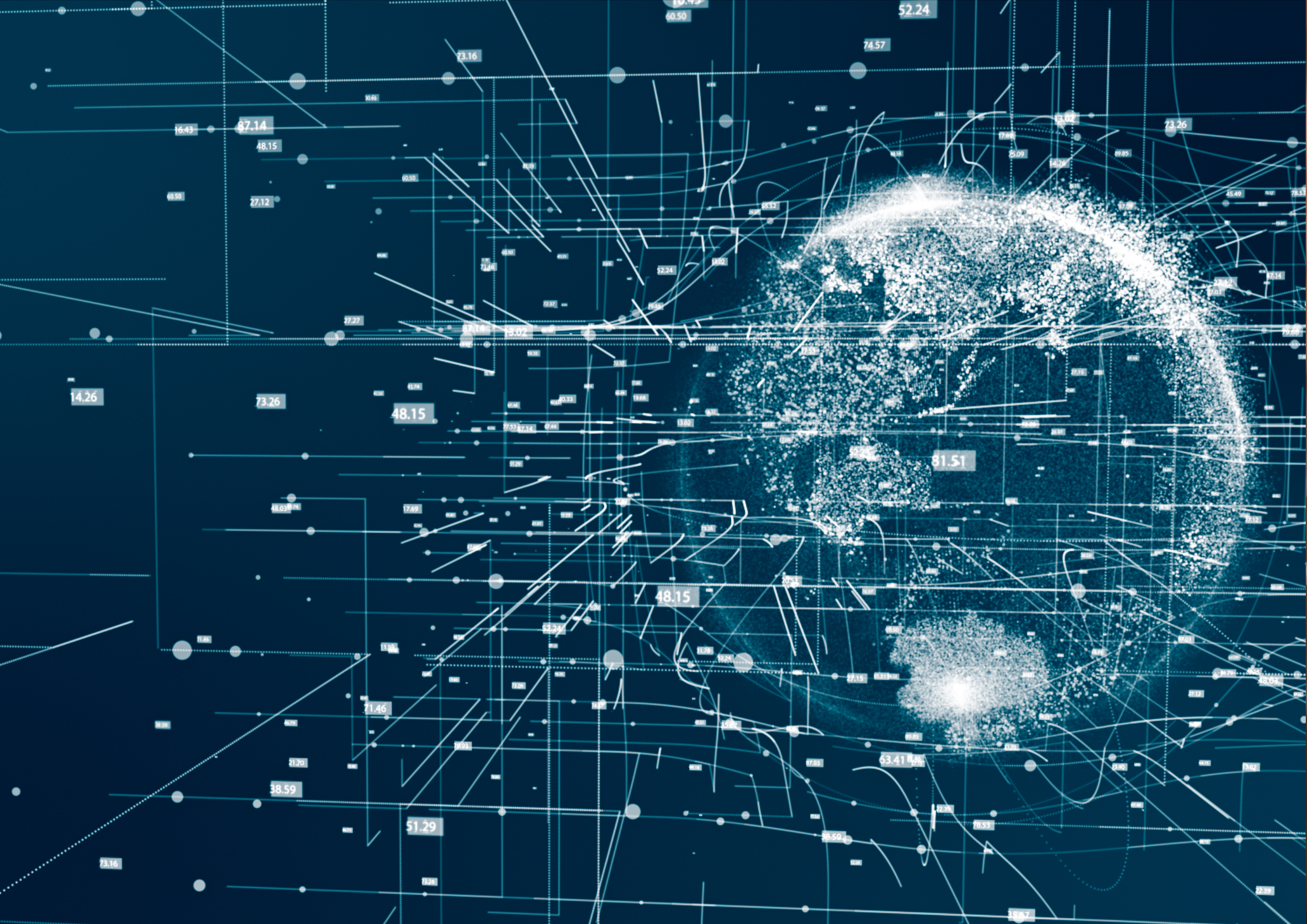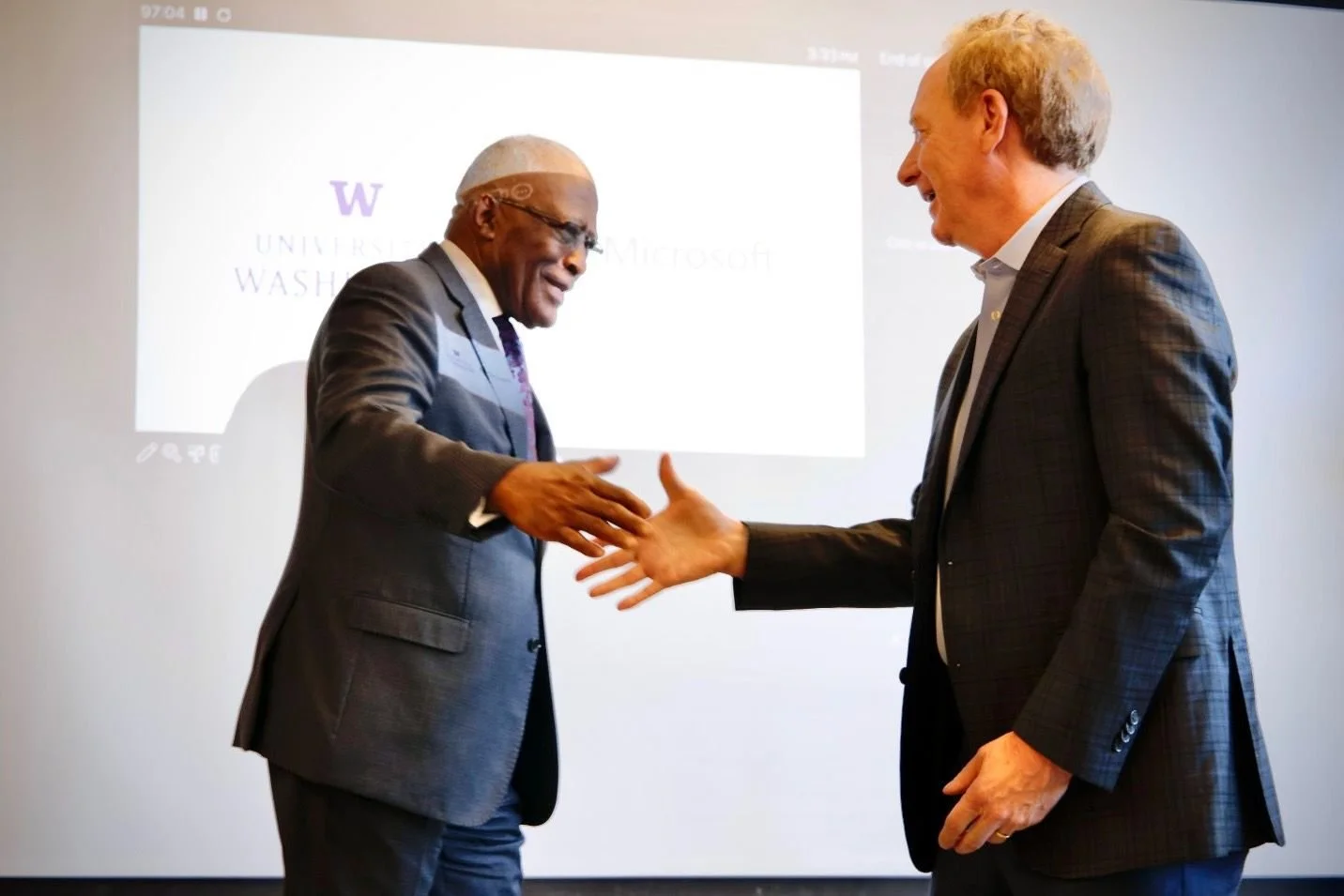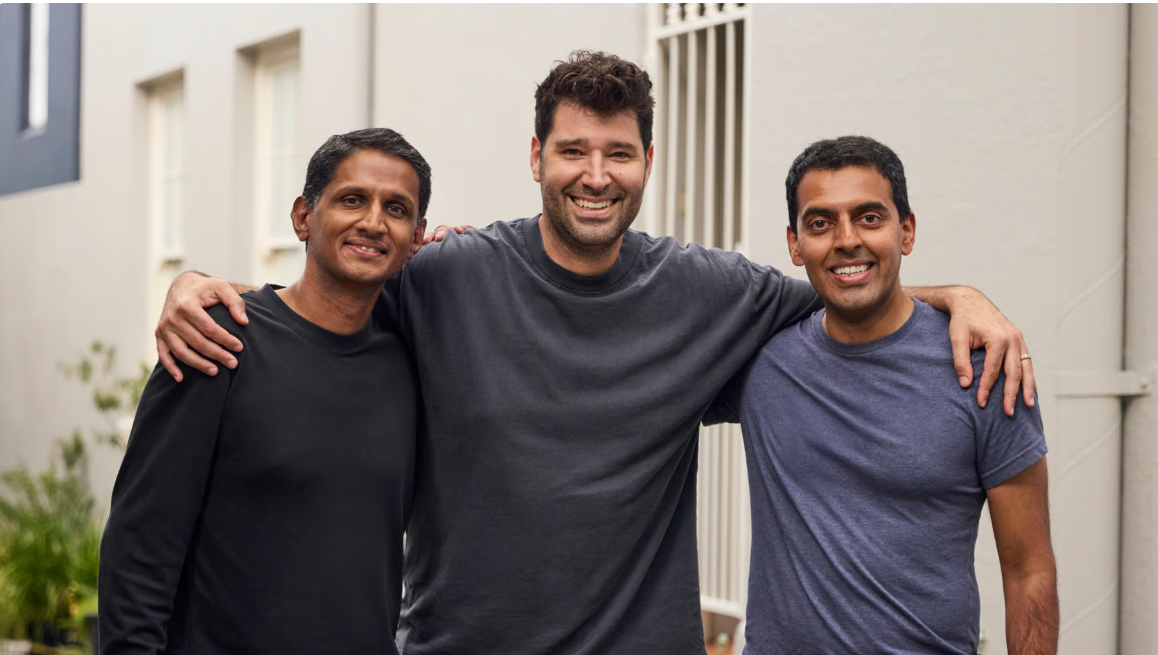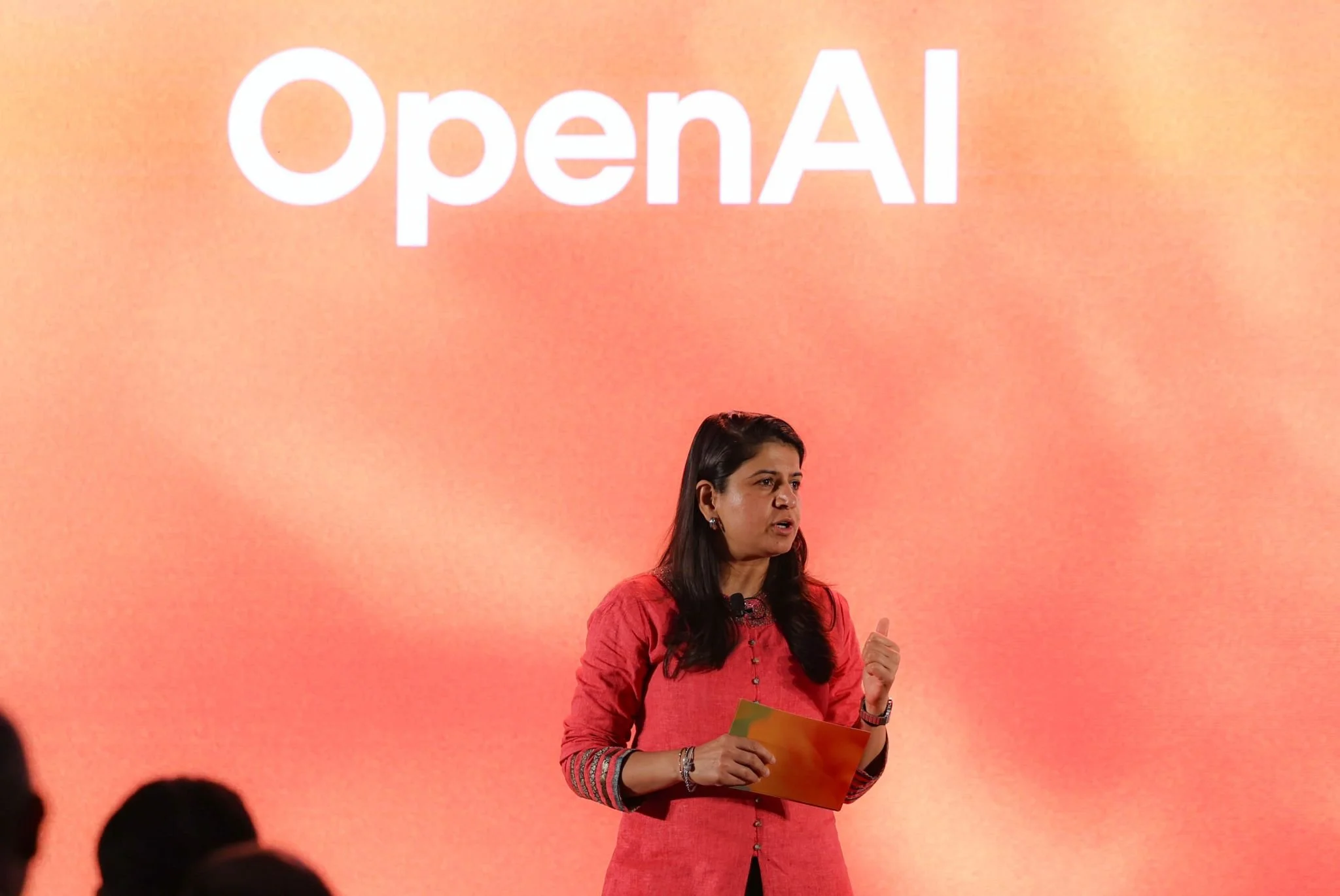Illinois Tech hosts NSF research program for undergraduates using AI and data to tackle real-world problems
Ten students from U.S. universities are spending the summer at Illinois Tech applying AI and computational math to challenges including worker safety, pollution, and simulation accuracy.
Photo credit: Illinois Tech
Illinois Institute of Technology (Illinois Tech) is hosting 10 undergraduate students from nine universities across the United States as part of the National Science Foundation’s Research Experience for Undergraduates (REU) program.
The 10-week Summer Undergraduate Research Experience is focused on applying artificial intelligence and computational mathematics to real-world problems.
Working alongside Illinois Tech faculty and PhD researchers on its Mies Campus, the students are participating in projects covering a range of data-driven topics including construction safety, simulation efficiency, and environmental data analysis.
Projects span simulation, safety, and spatio-temporal analytics
Fred Hickernell, professor of applied mathematics at Illinois Tech, and senior research associate Nathan Kirk are leading a project on quasi-Monte Carlo methods. Students will examine how graph neural networks and machine learning tools can improve low-discrepancy point distribution, which in turn enhances the accuracy of simulations. The project also explores randomization techniques and new applications for these methods.
Another team is working on wearable AI applications under the direction of applied mathematics professor Sou-Cheng Choi. The project is focused on predicting heat stroke risk among construction workers by analyzing physiological data and external conditions using AI models. Data is collected through sensors embedded in construction helmets to assess site-specific and environmental factors.
Assistant professor Huiling Liao is guiding a third group through a spatio-temporal modeling project. Students will work with public datasets—including air quality, accident reports, and health records—to study how events unfold over time and geography. The project includes forecasting and uncertainty quantification using statistical and computational methods.
AI tools support, but don’t lead, the research
The College of Computing emphasizes that AI is being used as a support mechanism within all projects. Students are encouraged to explore how AI can enhance analysis and decision-making, not replace core research processes.
Dean Lance Fortnow says, “You’ll find ways to use AI—not to do the project, because that would be a mistake—but as a companion. I view AI as a tool to help me. I hope you find ways to make it a powerful tool for you.”

